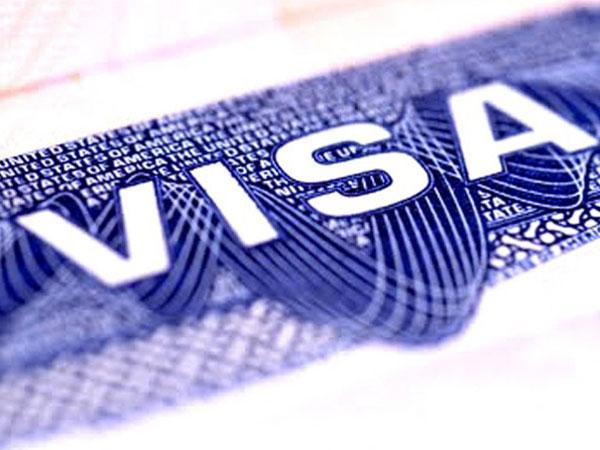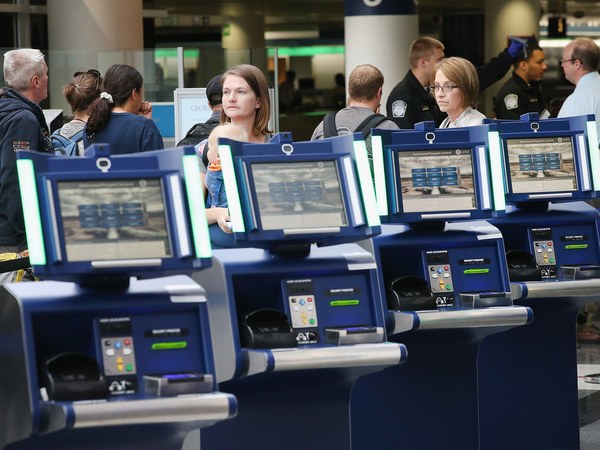
03 May How Do E-Visas Work
Like everything that makes the shift from paper to electronics, E-Visas too have eased international travel to a great degree.
Classical visa applications involved a whole lot of paper. First there was the application, which included photocopies of required documents. These were further added to by the signing officers at embassies. By the time a traveller took off on a trip abroad, the visa had become a fat document in itself.
But, like in every other walk of life e-visas, or electronic visas, have begun to replace physical visas. Ever since Australia pioneered it years ago, e-visas have now become a statutory feature of most national immigration system.
The System
E-visas are organised on a nationwide electronic database. These databases record all the applications received, the purpose for the application and state of approval. This database is maintained and operated by the relevant national immigration authority.

Counter productive
Photo Credit
No Stamps
The most unique feature of e-visas are the complete absence of any kind of stamps or physical marks on the receiver’s passport. Physical copies are only printed in special scenarios, when an airline stamp before boarding might be required.
Universal Access
At most big international airports though, commercial airlines usually have a computer terminal, which connects them to the national e-visa database. Therefore, a traveller’s visa details can be crosschecked without the need for a passport stamp. The local police, to check on a visitor’s residency status, can also access this database.

A different state of affairs
Many Variations
The e-visa system, where promulgated, is not open to visitors of all nationalities. It is usually only available for countries, which rank low as a source of illegal immigrants and/or terrorists. Visitors from countries, which pose a bigger threat, have to go through more stringent checks.

The new port of call
The e-visa system is by no measure perfect, but it has sped up the whole visa application and approval procedure. Australia and the United States have developed auxiliary databases too, for e-visitors and for pre-visit security screenings. Times, they are a-changin’!




Sorry, the comment form is closed at this time.